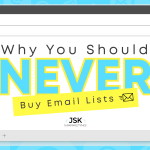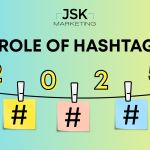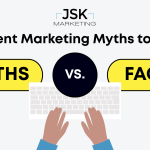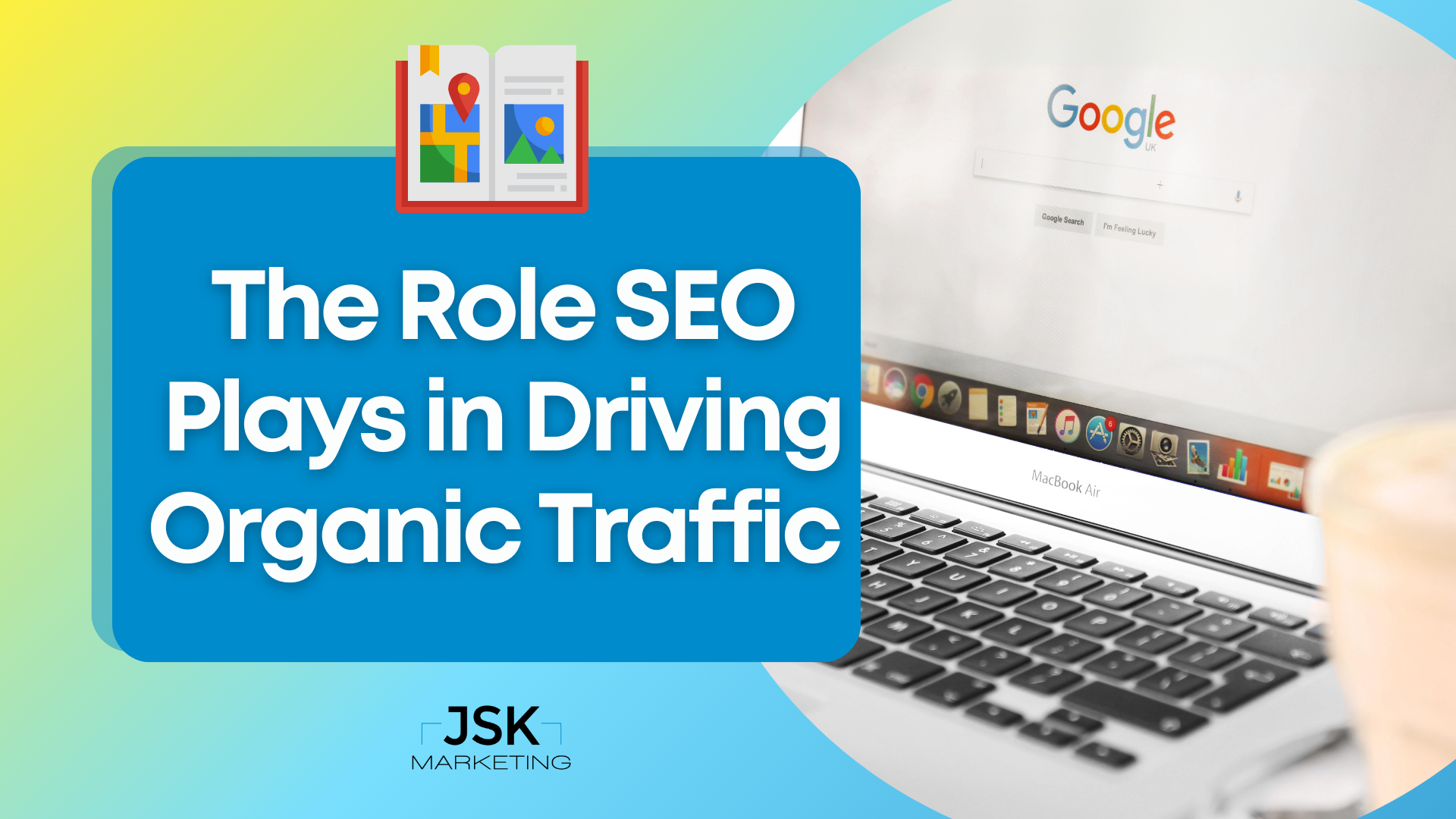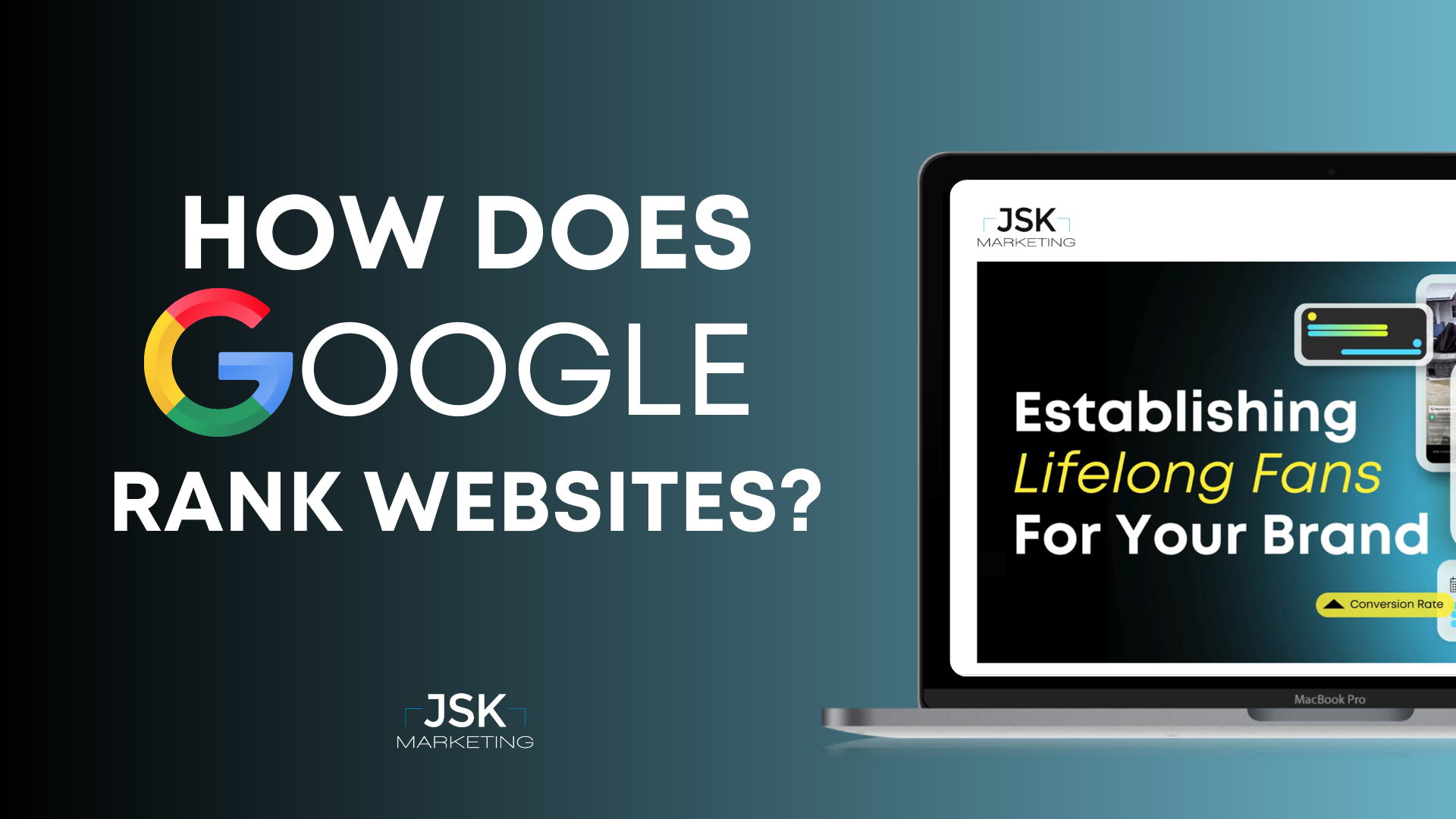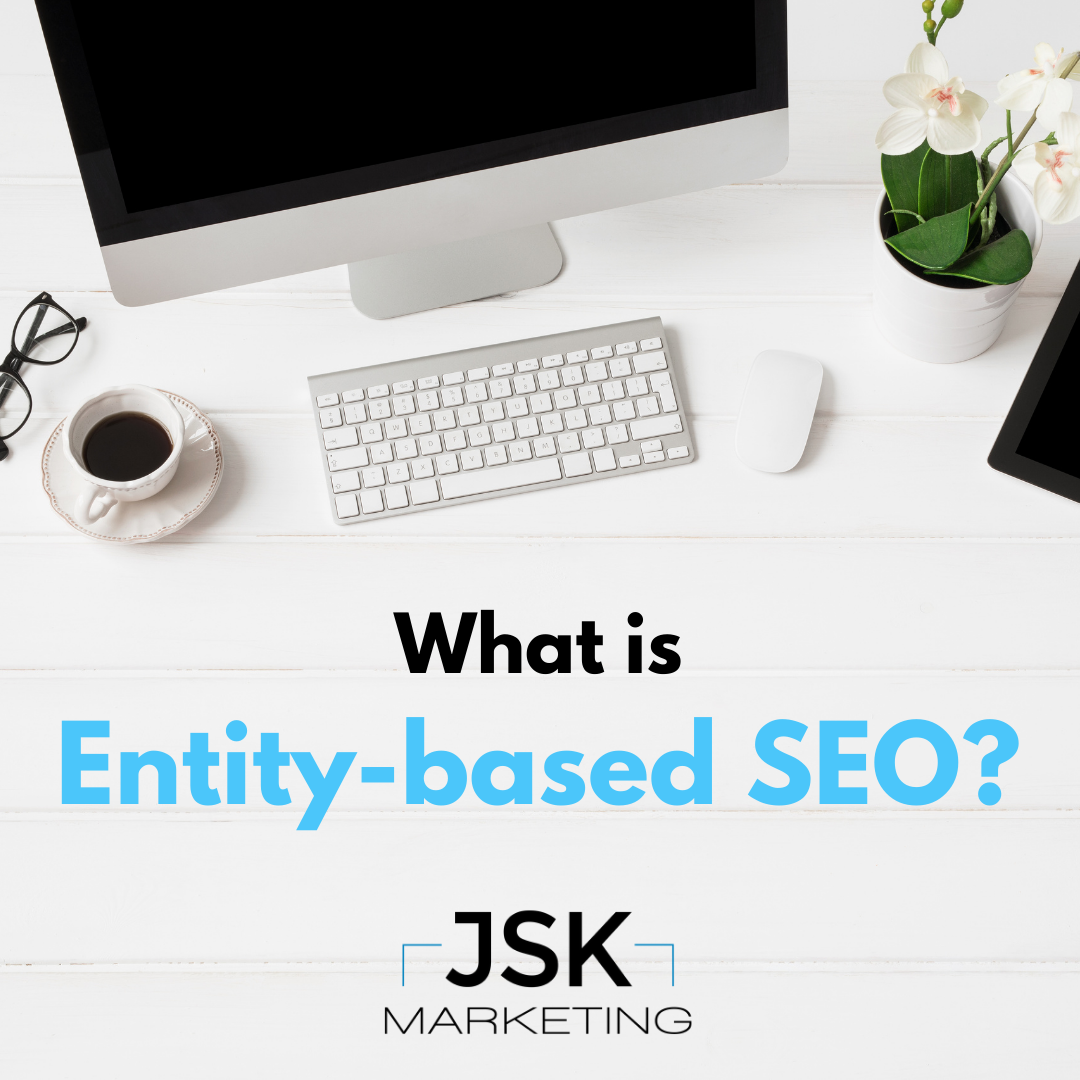
SEO (search engine optimization) has been a fundamental component of digital marketing for many years. In simple terms, SEO is the process of improving your website to increase its visibility when people search for products or services related to your business using search engines like Google, Yahoo, or Bing. In the past, SEO has functioned by the number of keywords found across your website, but with the launch of Google’s knowledge graph back in 2012, SEO began to shift away from just relying on keywords alone and began prioritizing rich snippets and entities. While keywords will always be important, many SEO experts are now using entity-based SEO to further improve their rankings. So, what exactly is entity-based SEO?
Keywords Vs. Entities
For further understanding, we need to define the difference between a keyword and an entity. Keywords are words and phrases used in searches, and can generally be single words, questions, or sentences. Keywords are important because they directly connect your content to the search and drive organic traffic to your website. SEO has relied on keywords to provide relevant information and quality search results for years.
Google defines entities as “A thing or concept that is singular, unique, well-defined and distinguishable” and it does not have to be a physical object. It can be a date, an idea, a color, or more. Think of entities as large topics that keywords can live within. For example, say you want to create content around George Washington. An obvious keyword would be Washington, but when searching on that word alone, results can be the state of Washington, the Washington Post, or Washington D.C. The search is too broad, and search engines need a way of narrowing down context for quality results, and entities allow for that.
Keywords and Entities Can Work Together
When searching for information, keywords with context can further help entities become more defined and can work together to produce the most accurate results. In order for entity-based SEO to be relevant, they need to link to a search engine knowledge graph, such as Wikipedia. Google defines a Knowledge Graph as a “database that collects millions of pieces of data about keywords people frequently search for on the World wide web and the intent behind those keywords, based on the already available content.” A simple way to think about entities is that they are anything that can have a specific Wikipedia page linked to it. Overall, keywords still matter, and when used together with entities, can become an effective SEO strategy.
Begin to Shift Your SEO Strategy
When you begin to start thinking about shifting your SEO strategy to include entity-based SEO, it’s important to understand what entities your business connects to while also establishing your business as an entity itself.
Two ways to take advantage of entity-based SEO now is to list your business on directories across the internet, such as Google My Business or Yelp, and also prioritize building your brand online. Google My Business is used as a data source for the Google Knowledge Graph and Yelp can help create domain-rich backlinks for your brand and also further help you create a known entity. When it comes to building your brand, it’s important to bring all offline brand presence online, and begin thinking through creative ways to build your brand online while also managing your brand reputation. These are important steps to consider when thinking through how your current keywords rank on top search engines.
Entity-based SEO is a great way to establish context and relevance for your business online, and JSK Marketing has the knowledge and tools to help you take the necessary steps in creating an effective SEO strategy that will ensure long-term success. Contact us today to get started!
